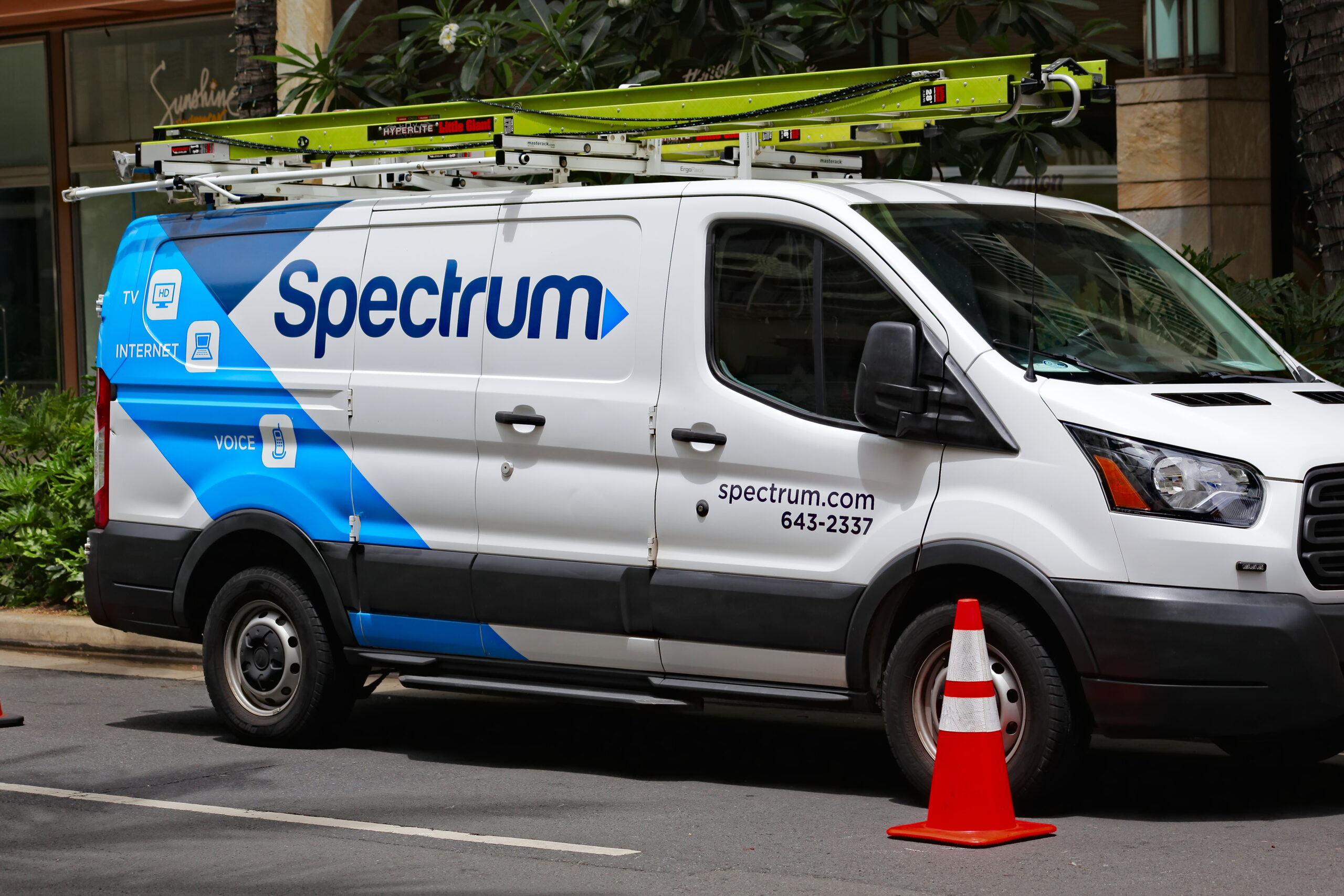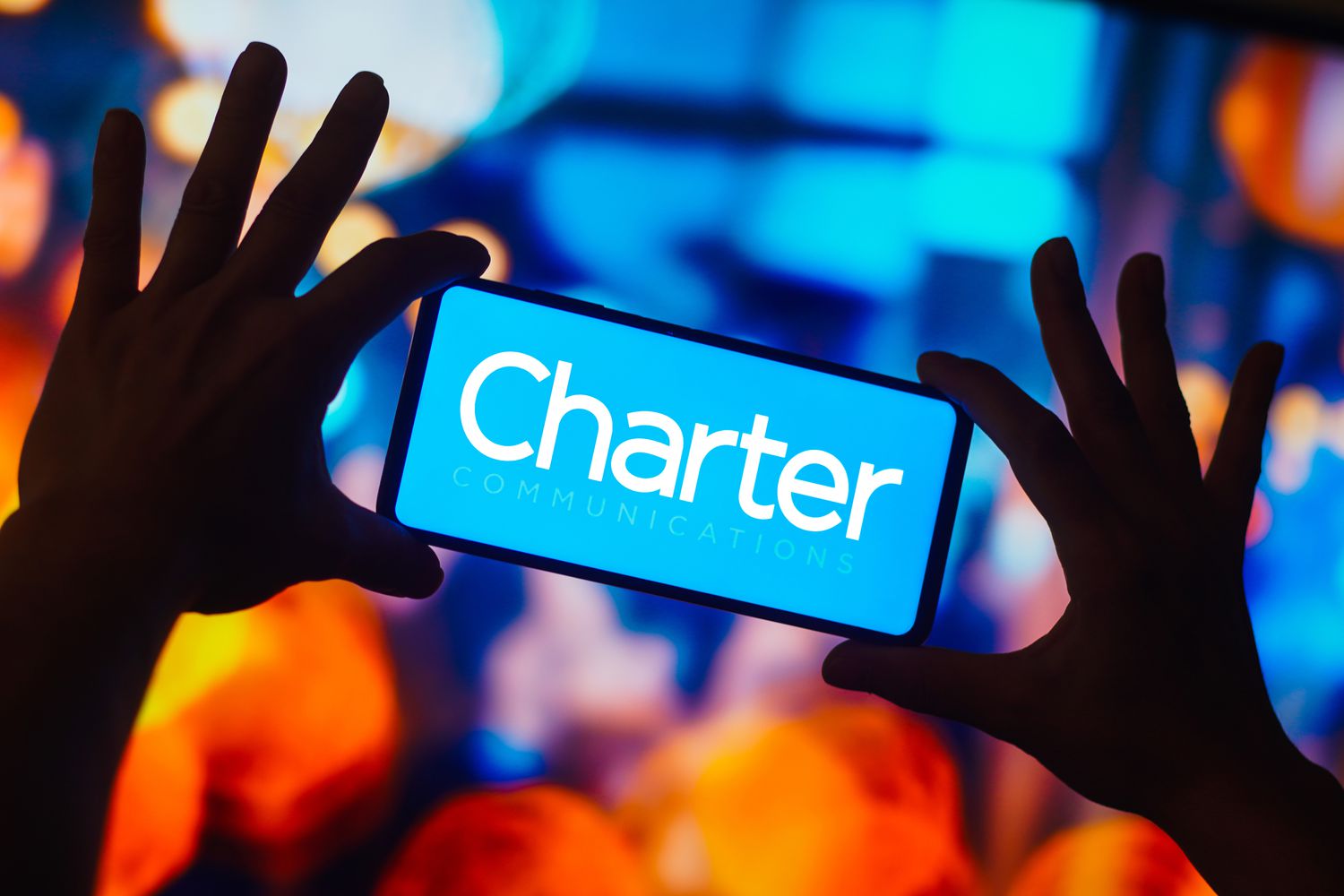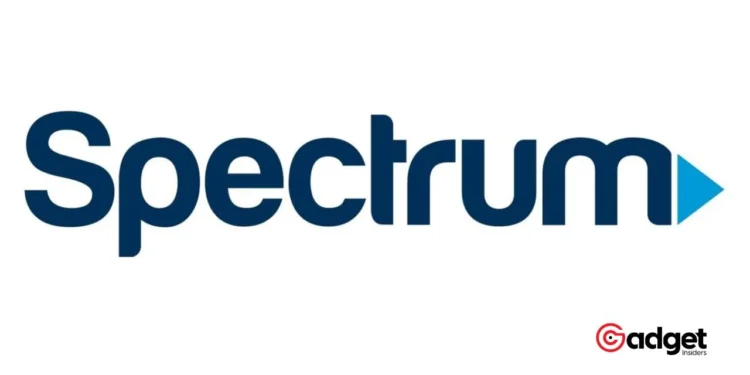In an era where digital content consumption is evolving, traditional cable companies like Spectrum are finding it increasingly difficult to keep pace. This is vividly illustrated by recent developments at Charter Communications, the parent company of Spectrum, which has been dealing with significant customer losses.
In the first quarter of 2024 alone, Spectrum reported a substantial drop in its subscriber base, losing 72,000 internet customers and a staggering 405,000 cable TV customers.

The shift from traditional cable to streaming services is not new but has been accelerated by the broader availability and appealing pricing of platforms like HBO, Hulu, and Disney+. These services offer a flexible viewing experience at a fraction of the cost of conventional cable packages, leading to what is commonly referred to as “cord-cutting.”
This trend is a clear signal to cable providers that the market landscape is transforming and customer retention is becoming more challenging.
Spectrum: Economic Pressures and Strategic Responses
During a recent earnings call, Charter CEO Chris Winfrey attributed the slowdown in internet customer growth to several factors. These included a generally low activity environment and intense competition, compounded by the discontinuation of the Affordable Connectivity Program (ACP) in February 2024.
The ACP had previously offered eligible households up to $30 a month off their internet bill, making internet access more affordable for low-income families.

Despite the downturn in cable TV and internet subscriptions, Charter’s financials tell a mixed story. The company’s total residential revenue slightly dipped by 0.4% to $10.8 billion, while internet revenue saw a growth of 1.9% year-over-year, reaching $5.8 billion.
This growth was partly fueled by promotional rate step-ups and rate adjustments, a nod to the company’s strategy to mitigate customer losses through pricing tactics.
Interestingly, January 2024 saw Spectrum implementing a series of price hikes across various services, including its Spectrum Internet Assist program for low-income customers, which saw a price increase of 25%.
These hikes reflect a broader industry trend where service providers pass on the costs of rising programming fees to consumers, a practice that continues to influence the dynamics of customer loyalty and company revenue.
Spectrum customers show company the consequences of hiked prices – TheStreet https://t.co/rkdOhAcQYh
— 🇺🇦Evan Kirstel #B2B #TechFluencer (@EvanKirstel) April 29, 2024
Wall Street’s Reaction and the Road Ahead
The reaction from Wall Street to Charter’s financial disclosures was notably negative. Shares dropped by 4.5% on the day the earnings were released, with an overall decline of 34.4% in the stock price for the year.
This market response underscores the skepticism investors feel about Charter’s current strategies and their effectiveness in a rapidly evolving market.

Looking forward, Charter Communications appears to be at a crossroads. The company’s efforts to navigate through price adjustments and a customer-focused model seem to be an ongoing challenge.
As the landscape of television and internet consumption continues to shift towards more digital and streaming services, the pressure on traditional cable providers like Spectrum will likely intensify.
The ability of these companies to adapt to consumer preferences and innovate in their service offerings will be critical in determining their place in the future of media consumption.










